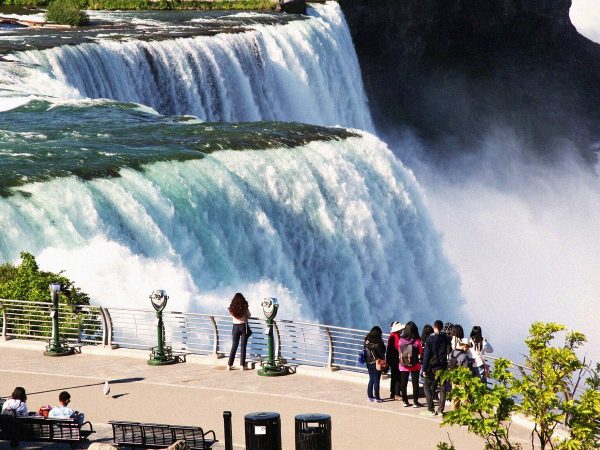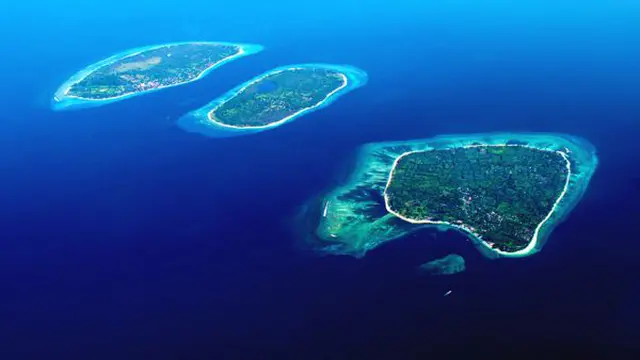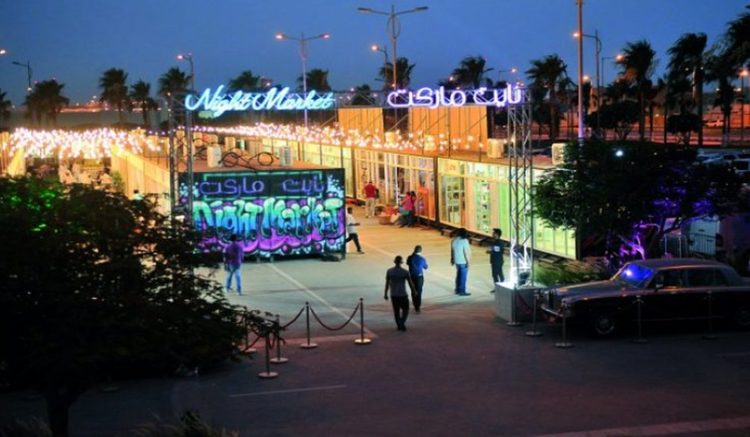
- Introduction to Nusa Penida’s Traditional Villages
- History and Cultural Significance of Traditional Villages
- Exploring the Traditional Architecture and Design
- Witnessing the Local Traditions and Customs
- Traditional Food and Drink Experiences
- Participating in Local Festivals and Celebrations
- Traditional Arts and Crafts: Workshops and Demonstrations
- Sustainable Tourism Practices in Nusa Penida’s Traditional Villages
- FAQ
Experience Authentic Balinese Culture in Nusa Penidas Traditional Villages. Nusa Penida, a small island off the coast of Bali, Indonesia, is a charming destination for tourists seeking an authentic cultural experience. The island is known for its idyllic beaches, stunning landscapes, and traditional villages that offer a glimpse into Balinese culture. In this article, we will explore Nusa Penida’s Traditional Villages and show you how to immerse yourself in the rich cultural heritage of the island. From fascinating customs and rituals to unique architecture and traditional arts and crafts, Nusa Penida has something for everyone who wants to explore the Balinese way of life. Let’s dive in!
Introduction to Nusa Penida’s Traditional Villages
Nusa Penida is an island located on the southeastern coast of Bali, Indonesia. The island is known for its pristine beaches, crystal-clear waters, and breathtaking landscapes. However, Nusa Penida also offers a unique opportunity to experience the authentic Balinese culture by visiting its traditional villages. These villages are rich in history, culture, and traditions that have been passed down from generation to generation.
Location and Overview
Nusa Penida is divided into three districts, namely Klungkung, Karangasem, and Bangli. Each district has its traditional villages that represent the distinct identity and culture of the local community. Some of the most notable traditional villages include Ped, Tanglad, Batu Kandik, and Sebun Ibus.
Why Visit Nusa Penida’s Traditional Villages?
Visiting Nusa Penida’s traditional villages offers a unique opportunity to immerse yourself in Balinese culture and learn about its traditions and customs. You can witness the traditional architecture, experience the local cuisine, witness the religious practices, and interact with the friendly locals who are always eager to share stories about their heritage. Moreover, it’s an excellent opportunity to get away from the hustle and bustle of the tourist hotspots and experience the island’s authentic side.
History and Cultural Significance of Traditional Villages
Origins of Traditional Villages in Nusa Penida
The traditional villages in Nusa Penida were established centuries ago by the indigenous Balinese people. These villages served as the centers of social and cultural life, and the locals built them following the ancient Balinese architecture and design principles.
The Importance of Traditional Villages in Balinese Culture
The traditional villages in Nusa Penida play a vital role in Balinese culture and society. They serve as the hubs of religious and cultural practices and are the centers of community life. The Balinese people believe that these villages are sacred places, and every aspect of life is closely connected with religious and cultural practices.
Preserving Traditional Villages: Challenges and Efforts
Despite the cultural and historic significance of traditional villages, they face several challenges, including urbanization, modernization, and globalization. The Balinese government and non-governmental organizations are making efforts to preserve these villages, including community-based tourism, cultural education programs, and infrastructure development.
Exploring the Traditional Architecture and Design
Distinctive Features of Traditional Architecture
The traditional architecture in Nusa Penida is unique and distinct, with specific features that distinguish it from other styles. These include the use of natural materials such as wood, bamboo, and stone, intricate carvings and decorations, and the use of open spaces and courtyards.
Visiting the Most Notable Traditional Villages for Architecture
Some of the most notable traditional villages in Nusa Penida for their architecture include Ped, where you can see the iconic Balinese gate and traditional houses, and Tanglad, which boasts an impressive collection of ancient temples and shrines. Other notable villages for architecture include Batu Kandik and Sebun Ibus.
Witnessing the Local Traditions and Customs
Religious Practices and Festivals
Religion plays a crucial role in Balinese culture, and the traditional villages in Nusa Penida offer an excellent opportunity to witness the local religious practices and festivals. Some of the most notable religious festivals in Nusa Penida include Galungan, Kuningan, and Nyepi.
Ceremonies and Rituals
Ceremonies and rituals are an essential part of Balinese culture, and every stage of life is marked by specific ceremonies and rituals. Some of the most notable ceremonies and rituals include weddings, funerals, and tooth-filing ceremonies.
Everyday Customs: Social Life and Family Structures
The Balinese people have a unique social life and family structures that are closely linked with their cultural and religious practices. The traditional villages in Nusa Penida offer an excellent opportunity to witness and learn about these social customs and family structures, including the importance of community life and the role of the family in everyday life.
Traditional Food and Drink Experiences
Sampling Local Cuisine: Traditional Ingredients and Dishes
One of the best ways to experience Balinese culture in Nusa Penida’s traditional villages is through a gastronomic journey. The local cuisine of Bali is characterized by the use of fresh herbs and spices sourced from the surrounding forests. Some of the must-try dishes include “lawar”, a salad made with minced meat, vegetables, coconut, and spices, “sate lilit”, which is made with minced meat and spices, and “nasi campur”, a mixed rice dish with various toppings.
Popular Beverages and Tea Traditions
Apart from the delicious cuisine of Bali, the island is also known for its tea traditions and unique beverages. Tourists can sample “jamu”, a traditional herbal drink made with turmeric, ginger, and other spices. Another popular drink is “arak”, a local liquor made from fermented rice. Bali also has a vibrant tea culture, and visitors can enjoy different types of tea while exploring the traditional villages.
Participating in Local Festivals and Celebrations
The Best Times to Visit for Festivals and Celebrations
Bali is well-known for its vibrant festivals and traditional celebrations. Visitors to Nusa Penida’s traditional villages can experience some of these celebrations by timing their visit to coincide with the festivals. The most popular festivals include Galungan, which celebrates the victory of good over evil, and Nyepi, the Balinese New Year.
Participating in Traditional Festivities
Festivals and celebrations in Bali are characterized by colorful processions, traditional music, and various cultural performances. Visitors can witness the locals wearing traditional costumes, performing traditional dances, and participating in various customs and rituals. Traditional village markets also come alive during festivals, offering a chance for tourists to shop for unique souvenirs.
What to Expect at a Balinese Ceremony
Ceremonies are an essential part of Balinese life, and tourists can experience these ceremonies while visiting traditional villages. These ceremonies are family affairs, and visitors can be guests of honor at these events. However, it’s important to be respectful and follow customs and etiquette. Visitors are expected to wear traditional clothing and participate in the ceremonies, which can be an unforgettable experience.
Traditional Arts and Crafts: Workshops and Demonstrations
Unique Balinese Art Forms
Bali is known for its unique and beautiful art forms, and visitors to Nusa Penida’s traditional villages can witness some of these arts firsthand. These include wood carving, painting, weaving, and silver smithing.
Opportunities to Learn Traditional Arts and Crafts
Visitors can attend various workshops and demonstrations to learn more about these art forms and even create their own works of art. Many of these workshops are run by local artisans, providing a chance for tourists to support the local community while experiencing authentic Balinese culture.
Sustainable Tourism Practices in Nusa Penida’s Traditional Villages
Understanding the Impact of Tourism on Traditional Villages
While tourism is essential to the economy of Bali, it’s important to understand the impact of this industry on the local communities. The influx of tourists can lead to environmental degradation, disruption of local customs and traditions, and even displacement of locals.
How to Be a Responsible Tourist in Nusa Penida’s Traditional Villages
As a responsible tourist, it’s essential to minimize the negative impact of tourism on the local environment and communities. Tourists can support sustainable tourism practices by shopping locally, reducing waste, respecting local customs, and supporting local initiatives. By following these principles, visitors to Nusa Penida’s traditional villages can help to preserve the rich culture of Bali for generations to come.In conclusion, Nusa Penida’s Traditional Villages provide a unique opportunity to immerse yourself in Balinese culture and traditions. From exploring ancient villages and architecture to witnessing breathtaking ceremonies and rituals, there is something for everyone on this island. By being a responsible tourist and supporting sustainable tourism practices, you can ensure that the cultural treasures of Nusa Penida’s Traditional Villages are preserved for generations to come. So pack your bags, get ready to experience the authentic Balinese culture, and create memories that will last a lifetime.
FAQ
How do I get to Nusa Penida?
You can take a fast boat from Sanur or Padang Bai in Bali to reach Nusa Penida. The boat ride takes approximately 45 minutes to an hour.
What should I wear when visiting traditional villages in Nusa Penida?
Since Nusa Penida is a conservative island, it is best to dress modestly, especially when visiting traditional villages. Keep your shoulders covered and wear trousers or long skirts. Also, it is customary to take off shoes before entering homes or temples in the villages.
Are there any customs I need to be aware of before visiting traditional villages?
Balinese people are warm and welcoming, and it’s essential to show respect for their culture and traditions when visiting their villages. Do not point your feet towards people or sacred objects, and avoid touching people’s heads. It’s also customary to ask for permission before taking pictures of people or sacred objects.
What is the best time to visit Nusa Penida’s traditional villages?
The best time to visit Nusa Penida is during the dry season, which runs from April to October. However, keep in mind that Balinese villages have their own schedules for ceremonies and festivals throughout the year. So it’s a good idea to do your research and plan your trip around the festivals that interest you.
Read More :





